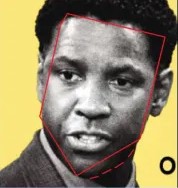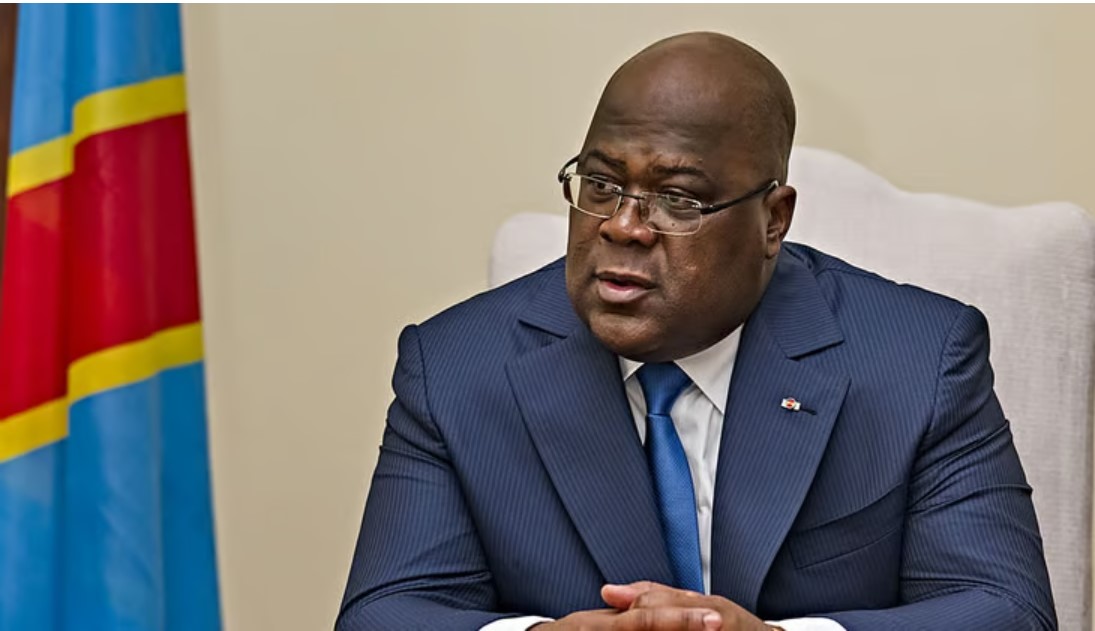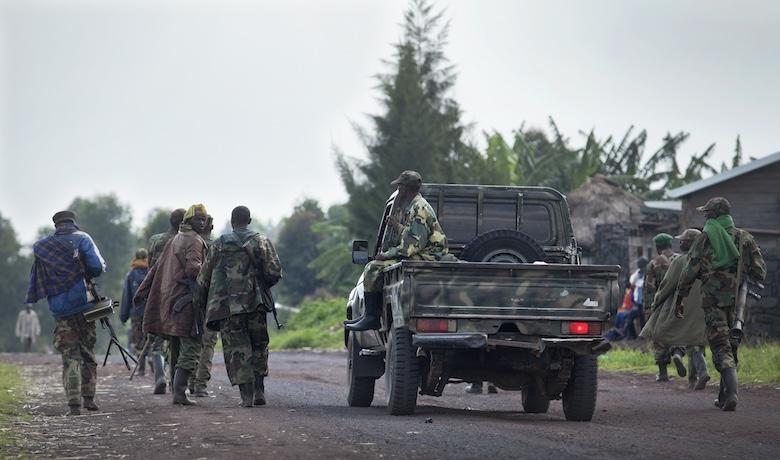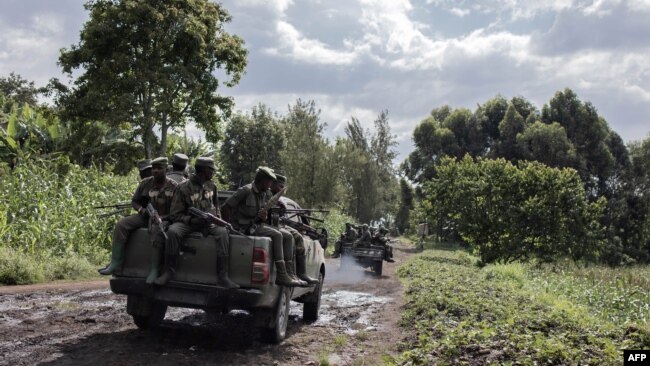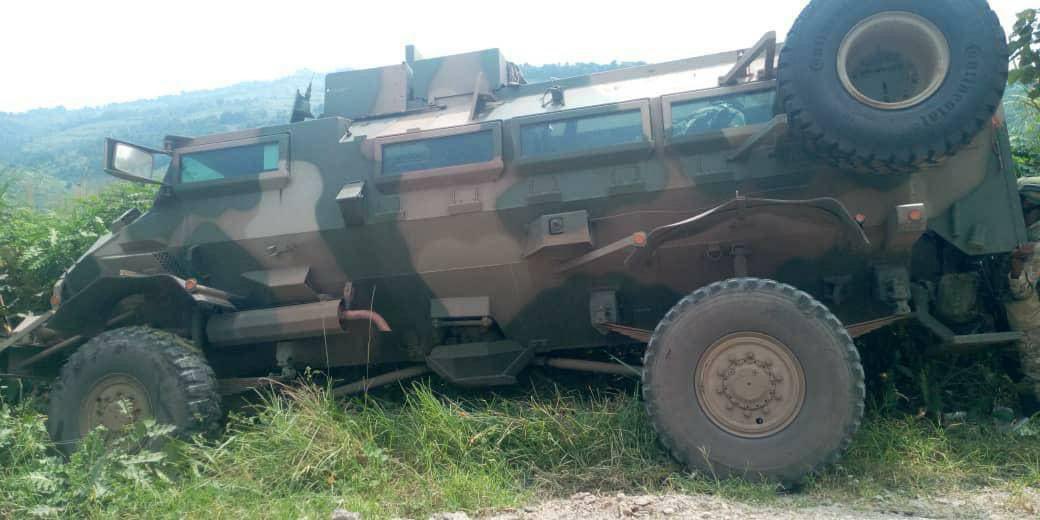Regional
DRC crisis: Dialogue with AFC coalition will benefit government more
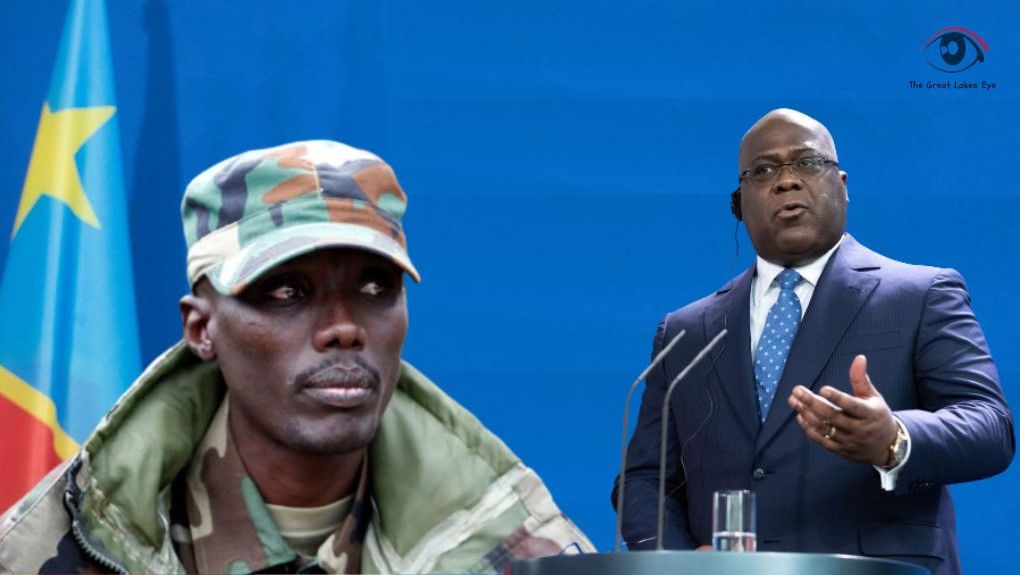
The
government of the Democratic Republic of Congo (DRC) has, on many occasions,
showed unconcern towards the AFC/M23 rebels’ demand for dialogue, paralyzing
the Nairobi and Luanda peace processes, which should have seen them laying down
their arms. The rebels refused to demobilize after Kinshasa rejected their
demand.
Despite
Congolese leaders knowing that dialogue with the rebel coalition would benefit
it more, Congolese president Felix Tshisekedi vowed not to engage in any
dialogue with the AFC/M23 rebels, vowing to fight them till the end.
“It’s
either complete peace or total war,” Tshisekedi declared.
The
Congolese government has invested billions of dollars in purchasing heavy
military equipment and logistics, and paying thousands of dollars to eastern
European and American mercenaries, local and foreign militia groups, as well as
Burundian troops, to fight AFC/M23.
However,
Tshisekedi’s strategy has not been effective. Kinshasa has suffered huge losses
while the rebels expanded their area of influence by capturing swathes of
territory.
The
Congolese army and its vast allied coalition with over 40,000 soldiers, almost
five times larger than the rebel coalition’s personnel, started heavy attacks
against the rebels since October 2023. However, the rebels keep on advancing,
and capturing territory after territory.
The
rebels control towns such as Bunagana, Kiwanja, and Kitchanga, and the
strategic town of Kanyabayonga while also surrounding Rubaya, Rutshuru, and
controlling vital access roads to Goma, the capital of North Kivu province.
According
to M23 spokesperson Lawrence Kanyuka, the rebel group is not in the campaign to
conquer territories, but found itself “obliged to silence” the enemy's heavy
artillery, drones and combat tanks at their source in order to protect the
population.
By
February 2023, the UN Refugee Agency reported more than one million Congolese
refugees and asylum-seekers in countries bordering DRC fleeing persecution and
death.
The number is increasing day by day as hostilities keep growing.
The AFC/M23 alone have managed to coordinate the return of more than 400,000 internally displaced persons to their places of origin. This shows what could happen if Kinshasa agreed to cooperate.
Political
analysts suggest that Kinshasa needs to shift its approach, especially given
the increasing difficulty of sustaining the situation on the ground. Aligning
with the AFC/M23 could help Kinshasa regain lost territories and facilitate the
repatriation of more Congolese refugees as well as ending the decades-long
crisis in eastern DRC.
For
the past three decades, eastern DRC has served as a safe haven for over
260-armed groups, involved in extorting citizens, robberies and murder, and
engaging in the illegal trade of minerals.
However,
the territories captured by the AFC/M23 have seen more stability, with
civilians feeling safer under rebel control. For the Congolese population,
AFC/M23 are not rebels but freedom fighters.
If the
Congolese government were to accept dialogue with AFC/M23, they would probably
work together in weakening the myriad-armed groups operating in the country’s
eastern region, including FDLR, a genocidal militia implicated in the 1994
genocide against the Tutsi in Rwanda, which is the center of DRC’s conflicts
with neighboring Rwanda.
The
FDLR militia group is a threat to regional peace and security not only due to
the massacres targeting the Congolese Tutsi but also for spreading its
genocidal ideology across the region.
Congolese
leaders are lucky that AFC/M23 accepts dialogue. The rebellion's demand is that
their government integrates them into the national army, protects the lives of
Kinyarwanda-speaking Congolese, and recognizes them as legitimate Congolese
citizens. Successive Congolese government denied their rights to citizenship
and security.
Dialogue
is the only viable path to a sustainable solution for the ongoing hostilities
in eastern DRC. However, Kinshasa continues to favor military intervention,
thereby exacerbating the crisis.


